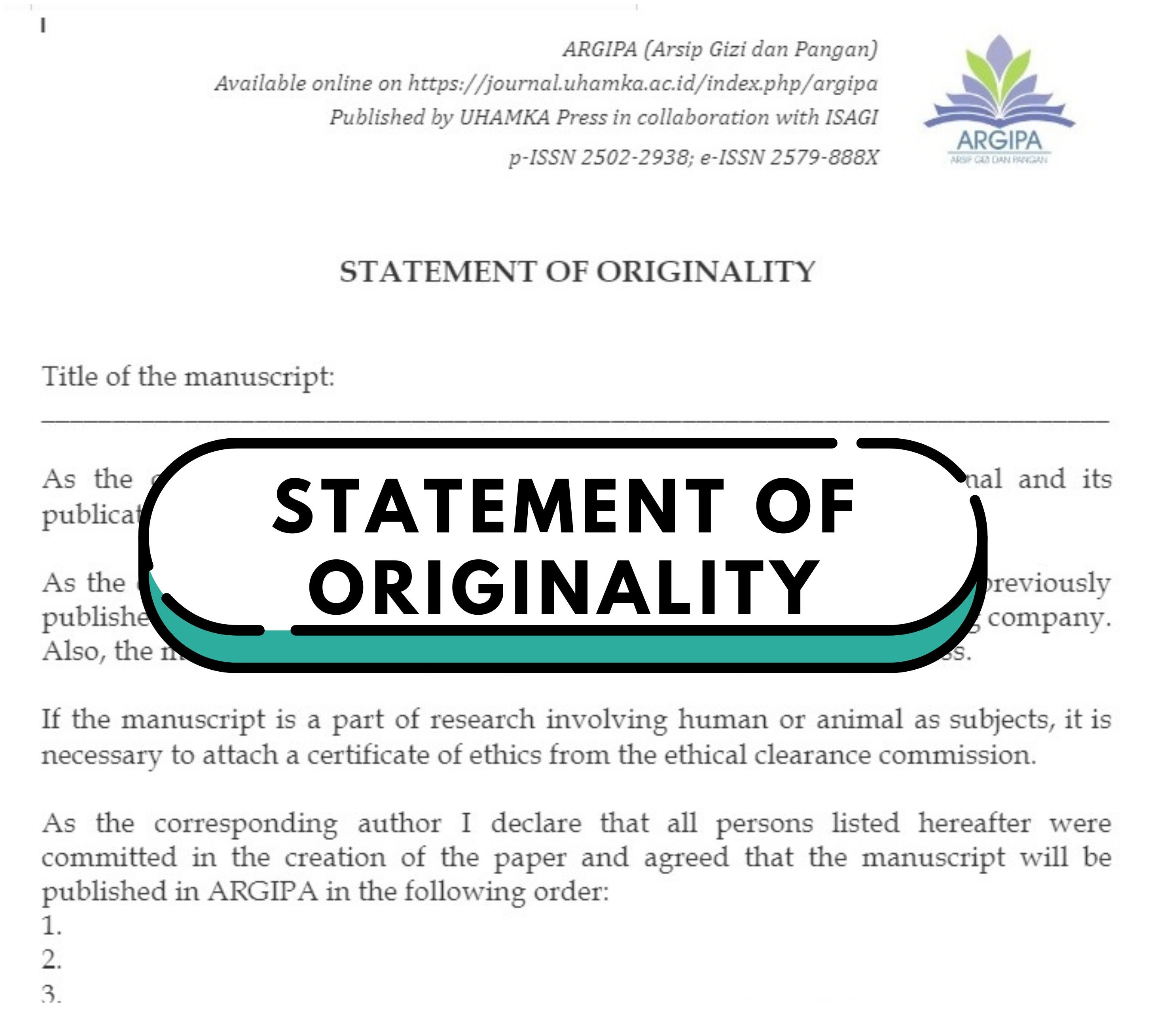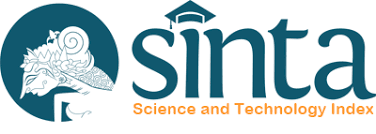Effect of nutrition education with the principles of Diabetes Self-Management Education (DSME) on knowledge and physical activity of type 2 diabetes patients
DOI:
https://doi.org/10.22236/argipa.v5i2.3900Keywords:
DSME, Knowledge, Physical ActivityAbstract
Diabetes mellitus (DM) is one of the most critical illnesses experienced worldwide. Pillars for the management of type 2 DM are education, medical nutrition therapy, physical exercise, and pharmacological interventions. This study aimed to analyze Diabetes Self-Management Research (DSME) on the level of knowledge and activities of type II DM patients in Fatmawati General Hospital, South Jakarta. This research method used pre-experimentation with one group pretest-posttest. Analysis of the data used in univariate and bivariate analysis with a paired t-test. Sampling method was using a consecutive sampling technique obtained by 23 subjects. The results of the study showed differences between the previous and conducted DSME on the level of knowledge (p<0.001) and the level of physical activity (p=0.001). Based on the results of this study, there needs to be an improvement in the curriculum with support materials related to stress and the healthcare system.
Downloads
References
Aji, R. (2016). Pengaruh Pendidikan Kesehatan Diabetes Self Management Education (DMSE) terhadap Kadar Gula Darah Pasien Diabetes Tipe II di Prolanis Puskesmas Gajah Surakarta. Skripsi. Surakarta: Stikes Kusuma Husada Surakarta.
Astrid, M. (2019). Perbedaan tingkat pengetahuan dan sikap sebelum dan sesudah pemberian Diabetes Self Management Education (DSME) pada pasien diabetes melitus di Puskesmas Matraman Jakarta Timur. Journal Health & Science: Gorontalo Journal Health and Science Community, 3(1), 1-7.
International Diabetes Federation. (2015). IDF Diabetes Atlas, Seventh Edition. Brussels: IDF. https://www.idf.org/e-library/epidemiology-research/diabetes-atlas/13-diabetes-atlas-seventh-edition.html
Kemenkes, R. I. (2018). Laporan Nasional Riskesdas 2018. Jakarta: Kemenkes RI, 154-66.
McGowan, P. (2011). The efficacy of diabetes patient education and self management education in type 2 diabetes. Canadian Journal of Diabetes, 35(1), 46-53.
Notoatmodjo, S. (2003). Pendidikan dan Perilaku Kesehatan. Jakarta: Rineka Karya.
Nurrofi'ah, RZ. (2018). Pengaruh Diabetes Self Management Education (DSME) terhadap Aktivitas Fisik pada
Pasien DM Tipe 2 di Prolanis dr. Yunita Klinik Ultra Medika Ponorogo. Skripsi. Ponorogo: Universitas Muhammadiyah Ponorogo.
PERKENI. (2015). Konsensus Pengelolaan dan Pencegahan Diabetes Miletus Tipe 2 di Indonesia. Jakarta: Perkeni.
Powers, M. A., Bardsley, J., Cypress, M., Duker, P., Funnell, M. M., Fischl, A., et al. (2017). Diabetes self-management education and support in type 2 diabetes: a joint position statement of the American Diabetes Association, the American Association of Diabetes Educators, and the Academy of Nutrition and Dietetics. The Diabetes Educator, 43(1), 40-53.
Putri, N. A., & Pritasari, P. (2018). The effect of nutrition education on knowledge, attitude, and food pattern of type 2 diabetes patients at Puskesmas Kecamatan Ciracas. ARGIPA (Arsip Gizi Dan Pangan), 2(2), 54-64.
Rahmawati, R., Tahlil, T., & Syahrul. (2016). Pengaruh program diabetes self-management education terhadap manajemen diri pada penderita diabetes melitus tipe 2. Jurnal Ilmu Keperawatan, 4(1): 46-58.
Safitri, D. E., & Rahayu, N. S. (2020). Determinan status gizi obesitas pada orang dewasa di perkotaan: Tinjauan sistematis. ARKESMAS (Arsip Kesehatan Masyarakat), 5(1), 1-15.
Sutandi, A. (2012). Self Management Education (DMSE) sebagai metode alternatif dalam perawatan mandiri pasien diabetes melitus di dalam keluarga. Widya, 29(323), 54-59.
Yuanita, A., Wantiyah, & Susanto, T. (2014). Pengaruh diabetes self management education (DSME) terhadap risiko terjadinya ulkus diabetik pada pasien rawat jalan dengan diabetes melitus (DM) tipe 2 di RSD dr. Soebandi Jember. Pustaka Kesehatan, 2(1), 119-124.

















